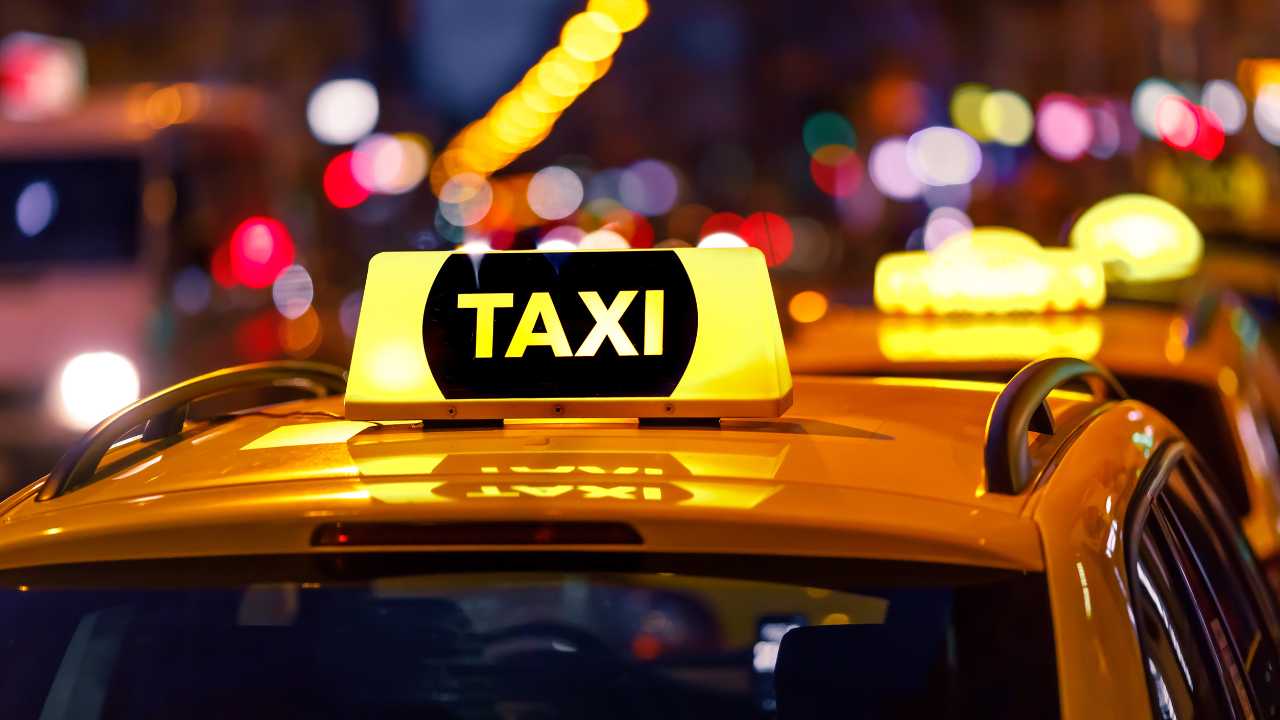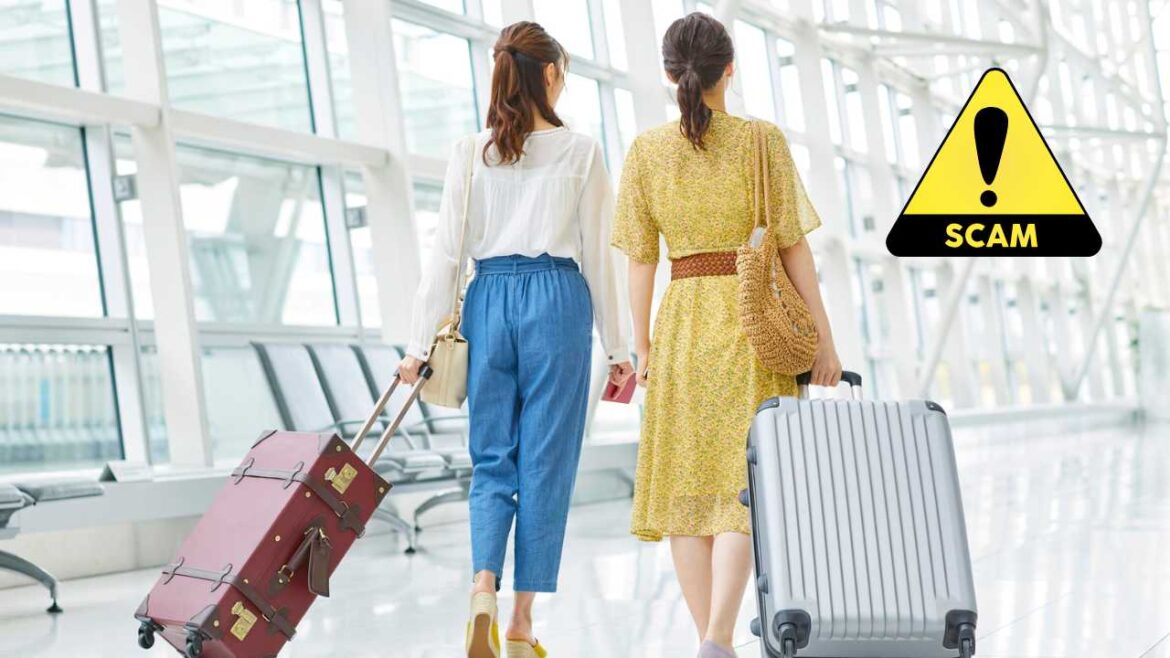Traveling to new countries is exciting new places, new people, new cultures. But while most experiences are amazing, some travelers unfortunately fall into traps set by scammers. I’ve had a few close calls myself from taxi overcharges to fake ticket sellers and they taught me how important it is to stay alert on the road.
Let’s look at some common travel scams around the world and how you can protect yourself from them.
Table of Contents
1. The Overfriendly Local or “Fake Helper”

When I was in Bangkok, a friendly man approached me near a temple saying it was “closed for a local holiday.” He offered to show me another place instead. Luckily, I’d read about this scam — the temple was open, and he was trying to take me to a jewelry shop that gives commissions to scammers.
How to avoid it:
Always double-check what strangers tell you, especially about “closed” attractions or “special deals.” Verify with official staff, your hotel, or online maps before changing plans.
2. Taxi and Tuk-Tuk Overcharging

In many cities, taxis don’t use meters or take longer routes to charge extra. I once took a tuk-tuk in Delhi and realized halfway that we were going in circles just to increase the fare.
How to avoid it:
Use rideshare apps like Uber, Ola, or Bolt where possible. If you must take a local taxi, agree on the fare before starting the ride and track your route on Google Maps.
3. Fake Tour Guides
While exploring the pyramids in Egypt, I was suddenly approached by someone offering a “cheap private tour.” The price sounded too good to be true and it was. Turns out, he wasn’t a licensed guide at all.
How to avoid it:
Book tours only through registered companies or your hotel. Check online reviews or official tourism websites before paying anyone upfront.
4. Pickpocket Distractions
A classic scam someone distracts you by asking for directions or spilling something “accidentally,” while another person picks your pocket. It nearly happened to me in Rome when someone dropped ice cream on me and “helped clean it up.”
How to avoid it:
Keep valuables close, preferably in a money belt or inside pocket. Be cautious in crowded places like metro stations, markets, or busy tourist sites.
5. Fake Police or Ticket Inspectors

Some scammers dress like police officers and demand to see your passport, then claim you’ve broken a rule and ask for a “fine” on the spot.
How to avoid it:
Never hand over your passport unless you’re at an official station. Ask for proper identification and insist on going to a police station if you’re unsure.
6. Currency Exchange Scams

In some countries, street money changers offer “better rates” but often give you fake or outdated notes. I once saw another traveler in Vietnam lose half his money this way.
How to avoid it:
Exchange currency only at banks, ATMs, or official exchange counters. Always count your money carefully before leaving the counter.
7. Fake Tickets or Attraction Fees
Outside famous spots like the Eiffel Tower or Angkor Wat, fake sellers often claim they can get you “cheap entry tickets.” These are almost always fake.
How to avoid it:
Buy tickets online through official websites or from the official counters only. Never trust anyone selling tickets on the street.
8. Rental Scams
A friend of mine rented a scooter in Bali. When he returned it, the owner claimed it was “damaged” and demanded a big repair fee. They had no proof, but my friend still had to pay to get his passport back.
How to avoid it:
Always take clear photos and videos of rented bikes, cars, or equipment before using them. Never hand over your passport as a deposit use a copy instead.
9. Wi-Fi or ATM Skimming
Free Wi-Fi spots and tampered ATMs can steal your card data. I once used a “free café Wi-Fi” in Prague and started getting strange login alerts the next day.
How to avoid it:
Avoid public Wi-Fi for banking or sensitive logins. Use your mobile data or a VPN. At ATMs, use those located inside banks and check for loose card slots before inserting your card.
10. The “Too Good to Be True” Deal
A cheap hotel, free cruise, or luxury upgrade that sounds perfect until it turns out to be a scam. I nearly booked a fake hotel once through an unknown website that copied Booking.com’s layout!
How to avoid it:
Always use trusted booking platforms, read reviews, and double-check the website URL before making any payments.
Personal Tip: Trust Your Gut
If something feels off, it probably is. Traveling has taught me that instincts matter if a deal feels too good, a person seems too pushy, or a situation feels strange, walk away. It’s better to miss a “bargain” than lose your money or peace of mind.
Final Thoughts
Scams can happen anywhere from touristy cities to quiet towns. The key is to stay alert, stay kind, but stay cautious. Most locals are genuinely welcoming, but a few bad apples shouldn’t stop you from exploring.
Travel smart, keep your eyes open, and remember: awareness is your best travel companion. Every destination has its tricks, but being informed means you’ll come home with memories not regrets.
Also Read: 10 Common Travel Mistakes Travelers Make & How to Avoid Them
Frequently Asked Questions
What are the most common travel scams?
Taxi overcharging, fake tour guides, and pickpocket distractions are the most common scams worldwide.
How can I avoid travel scams?
Research local scams before your trip, use official apps, and avoid deals that seem too good to be true.
Is it safe to trust strangers offering help while traveling?
Be polite but cautious. Always verify information with official sources like your hotel or tourist office.
What should I do if I get scammed abroad?
Stay calm, gather evidence, and report it to local police or your embassy immediately.

